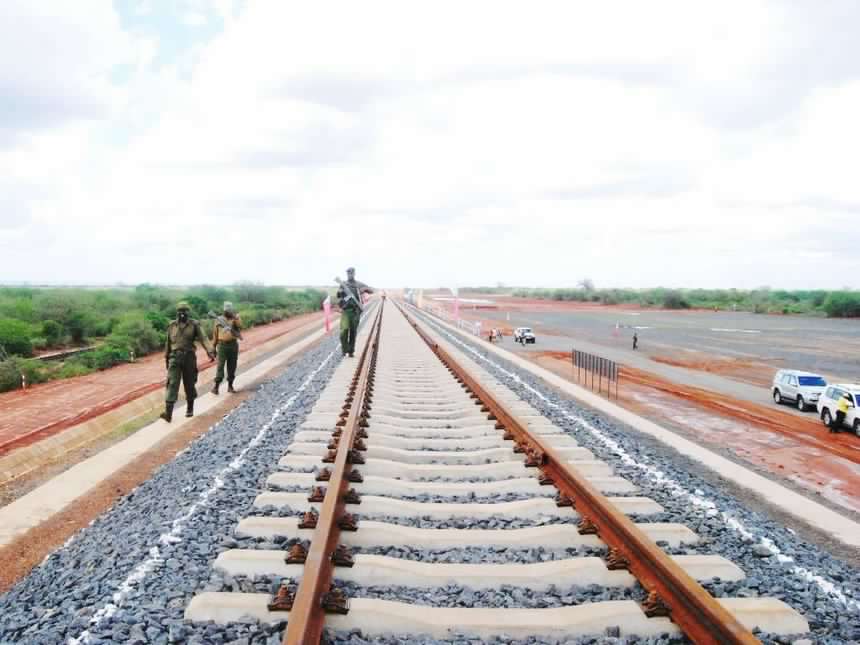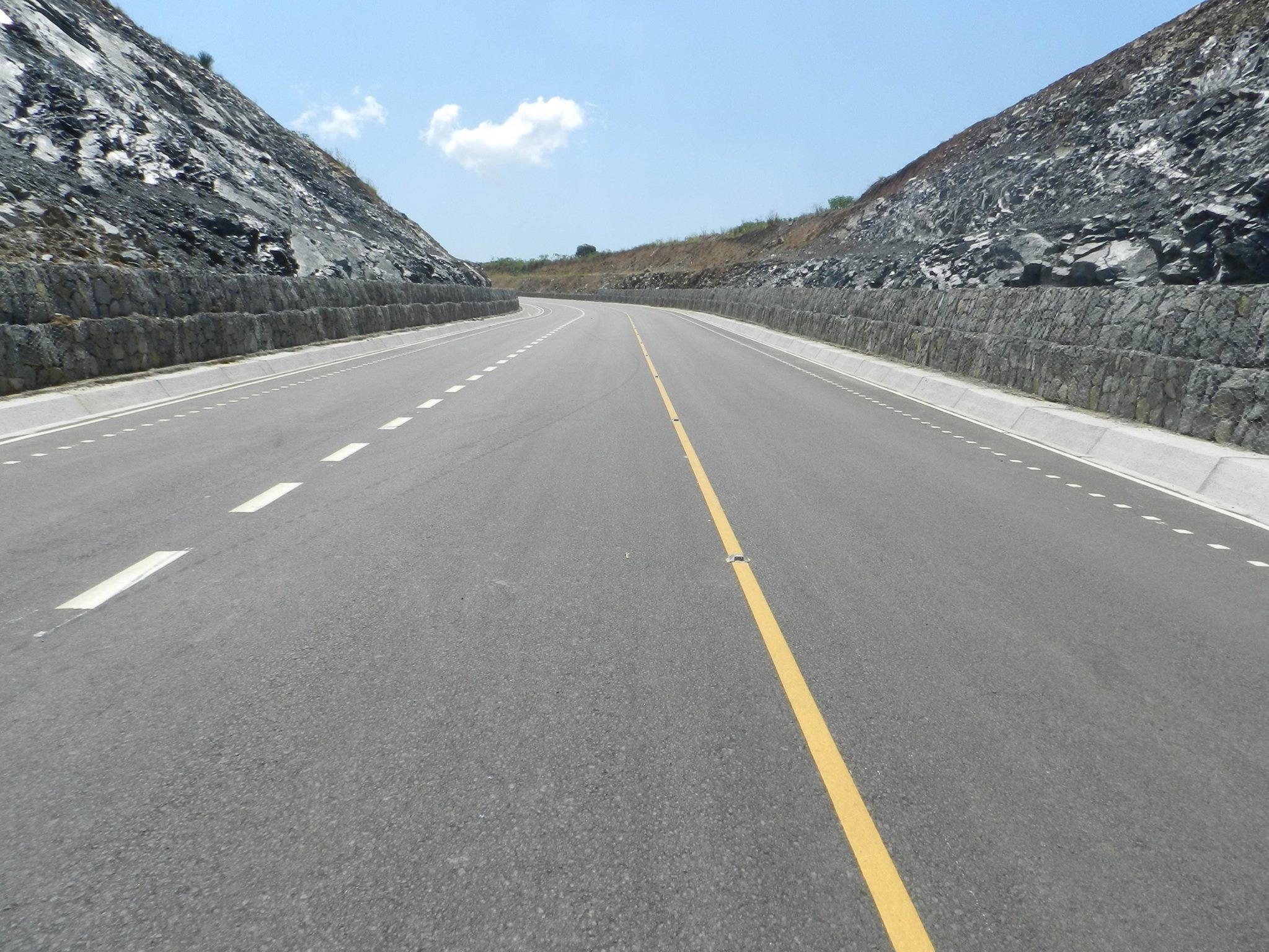In what is seen by industry players as a pace-setter, the Uganda Standard Gauge Railways Project has launched a Local Content Strategy ahead of its works aimed at ensuring that the local economy benefits from the US$3.2 billion (UShs 11.2 trillion) investment.
The strategy launched by the Minister of Works & Transport, Monica Azuba Ntege in Kampala recently seeks to ensure that the contractors as much as possible buy local and hire local. For example, it stipulates that up to 40 per cent of materials for construction of the standard gauge railway should be sourced from local manufacturers and suppliers, and 9 in every 10 employees must be Uganda; foreign skills can only be acquired if they are not locally available in Uganda.
Steel, cement, stone, timber, manpower and services are likely to be the main local products required by the standard gauge railway project.
This development is a first and positive, as all earlier big projects under implementation in the country such as Karuma Dam, Isimba Dam, among others have lacked in tapping local content.
All over the world, Governments are putting in place local content policies, laws and strategies to ensure that big investments in infrastructure, extractive industry such as oil and gas, benefit the local industry and communities through consuming locally manufactured goods, and providing employment to the local people thereby stimulating the local economy.
In countries where there have been no local content policies, laws or strategies, multinationals have shipped in equipment, imported materials, hired international personnel and when the contracts are completed, they ship out, leaving the local communities unchanged resulting into what is called the “Resources curse”; namely nothing to show for the multi-billion dollar investments.
Because large infrastructure and extractive investments in developing countries like Uganda are normally funded from foreign resources, and under the guise of World Trade Organisation (WTO) regulations that champion free trade and free movement of goods and services, local communities in developing countries lose out on the short to medium term benefits of investments that their governments have gone into.
Funding agencies have tended to sources materials and human resources from their own countries of origin under the pretext that local materials are of poor quality and that the local human resources don’t meet the required standards. By so doing local industries are starved of the badly needed market for their goods, and unemployment has remained high even in communities where huge investments are being executed. And yet, inputs are imported at higher costs, which are normally transferred to the host governments.
Local content laws, policies and strategies are aimed at ensuring that value is added to the local economy by the large investments and ensuring that the local people participate in the development.
Brazil has created 875,000 jobs from its offshore oil industry and in a space of 10 years purchased local products worth US$14 billion, thanks to its in local content policy.
Although these efforts by SGR Project are commendable, a lot remains to be desired on the side of Government. To harness the benefits of the huge infrastructure and oil investments it is currently undertaking it is extremely important and urgent that government quickly moves to put in place government- wide laws, policies and strategies for local content.
This will not only stimulate the local industry, spur the local industry to improve its quality, improve skills of Ugandans, but also create jobs and ensure that, millions of dollars that would otherwise be shipped out of the country are injected back into the economy so that short and medium term benefits are reaped from the big infrastructure investments the government is currently undertaking. Short of that the infrastructure will be in place but Ugandans will remain poor bystanders and watchers.













